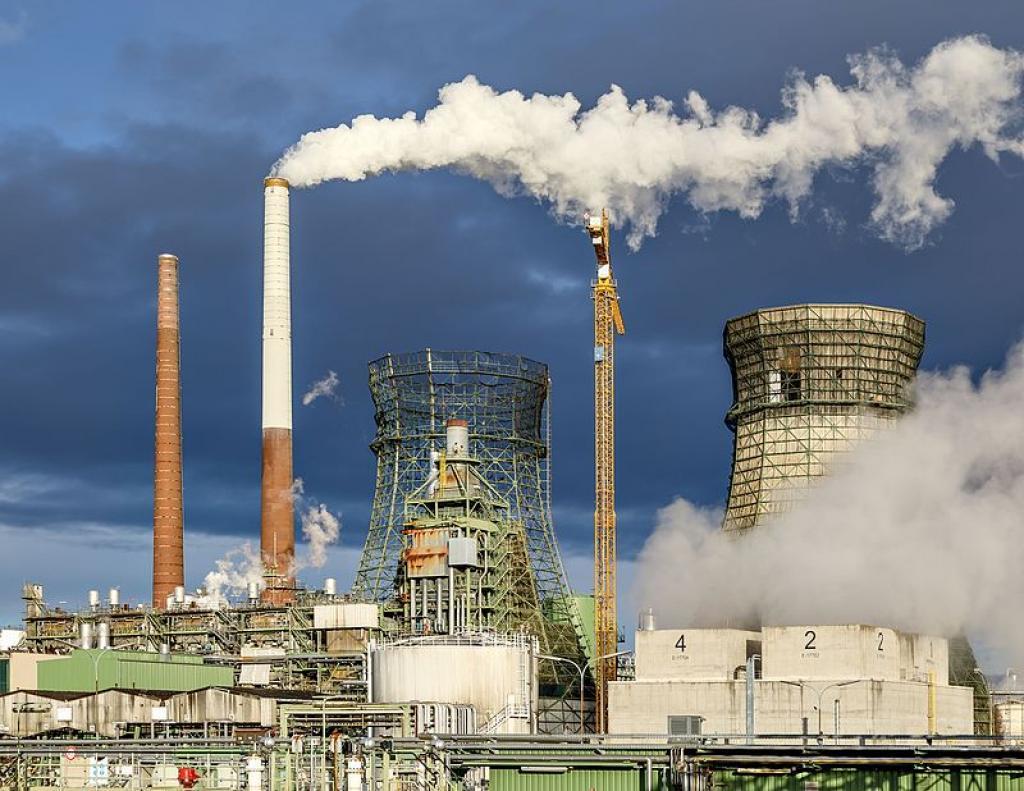A report released by the Tyndall Centre for Climate Change Research has shown that rich countries must as a matter of urgency, end their oil and gas production by 2034 if global warming must be capped at 1.5 degrees Celsius.
The 70-page analysis, which was released on Tuesday, March 22, came after over 200 nations kicked off a two-week negotiation to validate a landmark assessment of options for reducing carbon pollution and extracting Carbon dioxide from the air.
It will be recalled that the overarching objective, enshrined in the 2015 Paris Agreement, was to cap global warming “well below” 2 degrees celsius, and 1.5 degrees celsius if possible.
It is believed that if achieved, the latest move would give poorer nations time to replace fossil fuel income.
Research has shown that although some poorer nations produced only a tiny percentage of global output, they were so reliant on fossil fuel revenues that rapidly removing this income could undercut their economic or political stability.
Read also: Research: ‘Climate-smart’ policies could increase crop production in Africa
“Countries such as South Sudan, the Republic of Congo and Gabon had little economic revenue apart from oil and gas production,” the Tyndall Centre report showed.
The report further showed that by contrast, wealthy nations that are major producers would remain rich even if fossil fuel income were removed.
It showed that Oil and gas revenue, for example, contributed eight per cent to the United States Gross Domestic Product, but the country’s GDP per capita would still be about $60,000, making the country the second-highest in the world among oil and gas producing nations.
Lead author of the research and professor of energy and climate change at the University of Manchester, Kevin Anderson, said “We use the GDP per capita that remains once we’ve removed the revenue from oil and gas as an indicator of capacity,”
He explained that there are well over 88 countries in the world that produce oil and gas.
“We calculated emissions phase-out dates for all of them consistent with the Paris Agreement temperature goals,” Anderson said. “We found that wealthy countries need to be at zero oil and gas production by 2034,”.
The report further stated that by calculation, the very poorest countries could continue to produce out to 2050, even as other countries such as China and Mexico were said to be somewhere in between the calculation.
Story was adapted from Punch.
